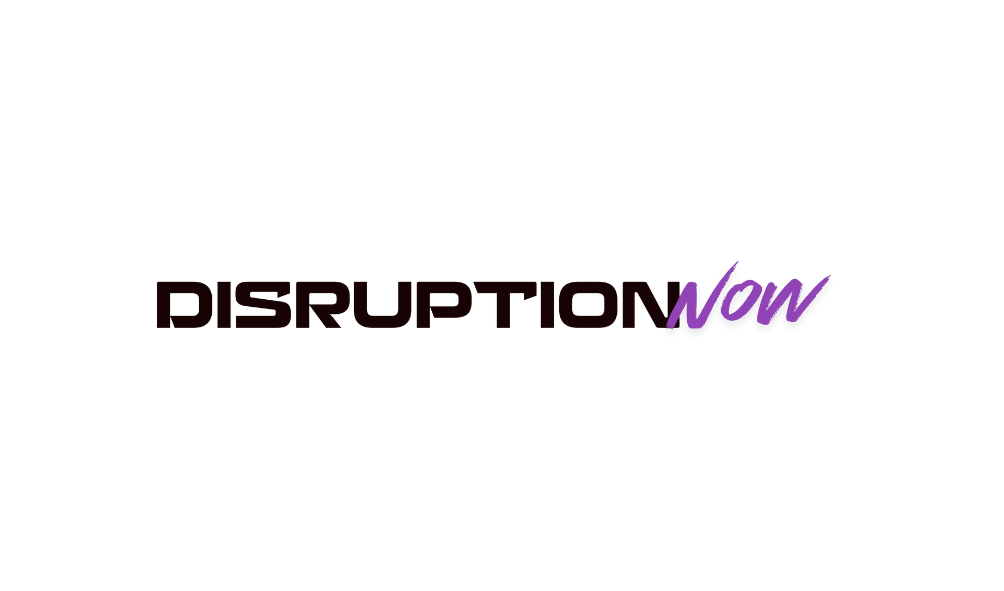- Disruption Now's Newsletter
- Posts
- The Real Reason Apple Wants Perplexity
The Real Reason Apple Wants Perplexity
AI’s not just about brains. It’s about memory. And Apple’s running low.

For New Disruptors
Disruption Now is a tech-empowered platform helping elevate organizations in entrepreneurship, social impact, and creativity. Through training, product development, podcasts, events, and digital media storytelling, we make emerging technology human-centric and accessible to everyone.
Let us help you build, learn, or join us at one of our events, including our annual MidwestCon conference.
This issue dives into why Apple’s rumored bid for Perplexity isn’t just about AI ambition—it’s about survival in the arms race for real-world data and feedback.
Apple’s Perplexity Play
Apple is reportedly considering acquiring Perplexity AI, a fast-growing AI-powered search startup. While talks are early and no deal is guaranteed, insiders suggest the goal is clear: enhance Apple’s AI tools (especially Siri) and reduce reliance on Google Search.
If it happens, this would be Apple’s largest acquisition ever. Surpassing its $3B Beats deal in 2014. Perplexity is currently valued at around $14 billion.
So, why the urgency?
Despite being flush with cash and boasting top-tier talent, Apple has fallen behind in the generative AI sector. While OpenAI, Google, and Meta get smarter by the second thanks to public interaction, Apple’s AI remains untested, mainly in real-world scenarios.
And that’s the real risk.
The Data Problem Apple Can’t Ignore
Apple’s obsession with privacy has earned it trust, but at a steep cost in the AI arms race.
While competitors train models on billions of messy, real-world interactions, Apple has drawn a hard line:
On-device processing
Differential privacy
Minimal data collection
That sounds noble. But the trade-offs are significant:
Fewer real-time feedback loops
Poorer contextual reasoning and adaptability
Overreliance on synthetic data
A brittle Siri that lags far behind ChatGPT and Gemini
Meanwhile, competitors are evolving rapidly because their models are fed a steady diet of human interaction. And in AI, experience beats theory every time.
My Disruptive Take
Apple’s privacy-first architecture limits the training data available for personalization. As a result, Apple Intelligence is missing a key ingredient: intelligence. That’s why they published the “Illusion of Thinking” paper—a better title might’ve been The Delusion of Apple.
This isn’t a talent or money issue. It’s a mindset problem. Apple is trying to win an AI race without stepping onto the track.
You can’t train a world-class chef without ingredients.
And Apple’s kitchen? Spotless—but nearly empty.
I’ll say it straight: I believe in privacy. That’s why I carry an iPhone.
But personalization is like junk food. Privacy is like vegetables.
Over-personalization can be manipulative. But like good junk food, it feels great, so we continue to consume it. Privacy? We say we want it, but most of us don’t even read the label.
Until Apple figures out how to serve both taste and trust, it’ll keep watching the AI leaders from the back row.
Buying Perplexity might be their shortcut to the main stage. But let’s be clear: Talent is table stakes. Data is destiny.
The New Rules of the AI Arms Race
Privacy without performance won’t cut it—not for users conditioned by ultra-personalization.
Synthetic data can’t simulate human nuance
You can’t optimize what you don’t observe
Speed of learning now beats size of company
Sources
MidwestCon
MidwestCon 2025 at the 1819 Innovation Hub
Learn about the future of work, policy, and innovation at MidwestCon 2025, hosted at the 1819 Innovation Hub in Cincinnati. Learn from the best—like Noelle Russell of the AI Leadership Institute, Brandon Knight of Zoom, and Nicole Dunbar, founder of Congruency International—alongside leaders transforming how we think about AI, venture, and workforce transformation.
Your learning pass gives you access to exclusive AI training before the conference and special closed-door sessions during it.
Podcast
Disruption Now Podcast
Disruption Now interviews leaders focused on the intersection of emerging tech, humanity, and policy.
In this episode, Nicole Dunbar—a Cornell-trained strategist and viral LinkedIn voice—joins us to dissect the “white collar recession.” From AI-driven layoffs to invisible mid-career talent, she breaks down why the rules of hiring have changed.
You'll learn six proven job search strategies (only one involves job boards), why resumes fail, how to network without selling out, and the mindset shift every high performer needs to stay in the game.
Keep Disrupting,
Rob, CEO of Disruption Now & Chief Curator of MidwestCon